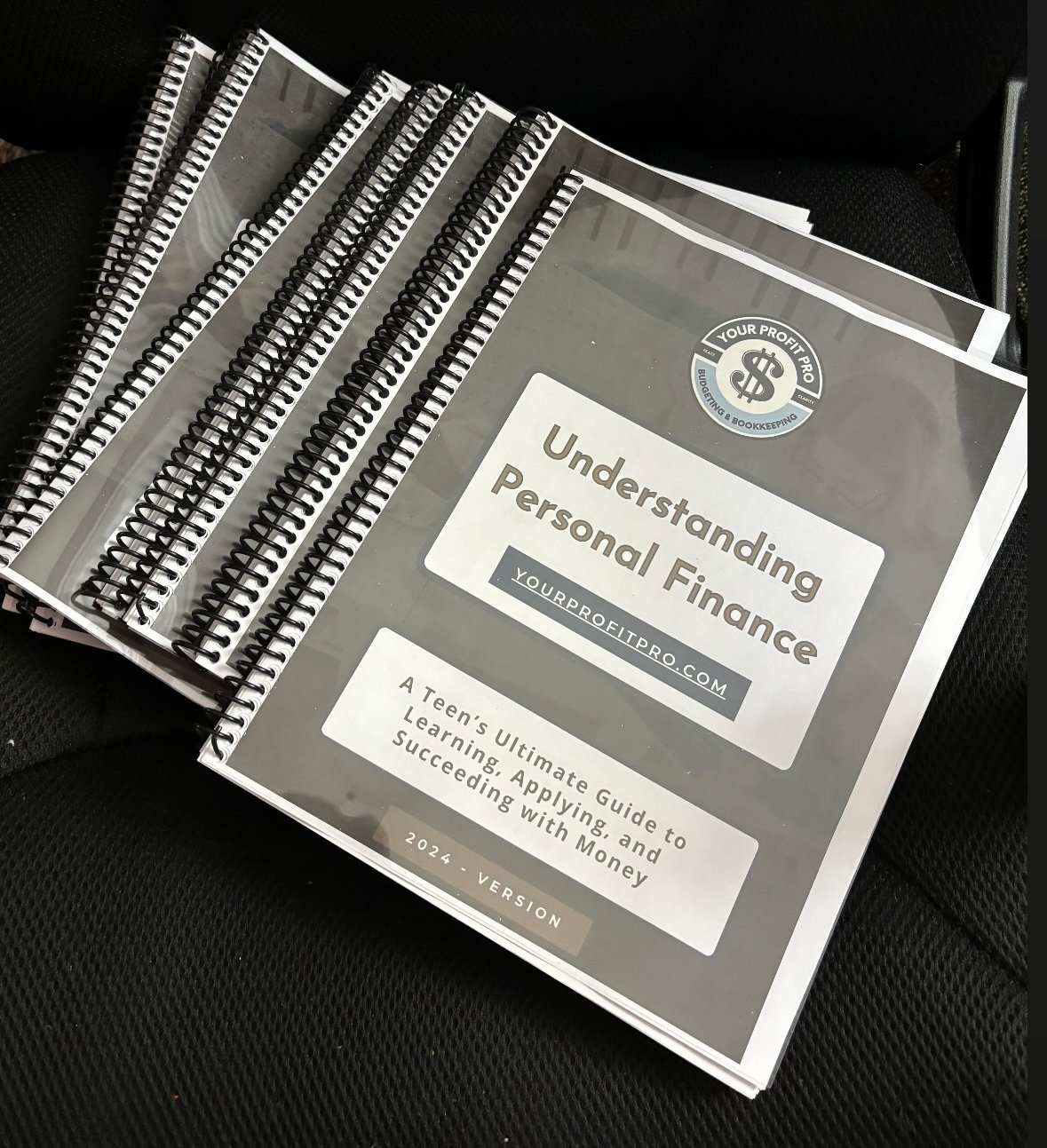When we think about preparing our children for the future, we often focus on academics — math, science, history, literature.
But underneath all of these subjects lies something even more powerful: the ability to communicate well.
Clear thinking and clear expression are lifelong skills. They help our children not only write good essays or deliver polished speeches — but also listen well, express empathy, and articulate truth in a confusing world.
And here’s the good news: you don’t need a “fancy curriculum” to do it.
What you do need is a consistent and intentional approach to communication throughout your homeschool journey.
Start with Listening and Conversation (Early Years)
Communication begins long before a child ever writes a paragraph.
It begins at the breakfast table, in bedtime read-alouds, and on long afternoon walks.
• Read aloud every day. Let children hear language used beautifully and naturally.
• Ask open-ended questions. “What do you think the bear felt when that happened?”
• Encourage narration. After reading, have your child retell what they heard — in their own words. This simple act builds attention, vocabulary, and confidence. (We did this on a regular basis with The Story of the World!)
• Model good conversation. Children learn how to listen and take turns by watching us.
Even at this stage, you can begin a family habit of collecting new words.
Keep a small notebook handy — or a section in your child’s homeschool journal — where you jot down interesting words from read-alouds, nature study, or everyday life. This is also one simple way to improve your children’s vocabulary!
This “word collection” helps children fall in love with language and gives them a growing toolbox of expression.
Build Strong Writing Foundations (Middle Grades)
Once children can think and speak clearly, it’s time to guide them in putting those thoughts into writing.
This is the season to build a solid foundation in grammar and writing.
Understanding how our language works — how sentences fit together, how punctuation gives clarity, how words carry meaning — empowers children to express themselves with confidence.
A good, consistent writing program will help you teach structure and form, while still leaving room for creativity. (We participated in the Essentials Program through Classical Conversations, and I consider it one of the single best things we did during our homeschooling years.)
Encourage your child to write regularly and thoughtfully: summaries of readings, reflections on nature walks, or short compositions connected to history and literature studies.
And don’t forget to continue with a personal word journal.
Older children can record new vocabulary from their reading, copy meaningful quotes, or explore words that fascinate them.
This strengthens spelling, expands vocabulary, and helps students appreciate the richness of language.
(Read this post for some more thoughts about developing our children’s vocabularies.)
Keep the atmosphere gentle but steady. Writing instruction doesn’t have to be complicated — it just needs to be intentional.
When students learn to use language precisely, they’re developing tools for clear thinking, reasoning, and communication that will serve them throughout their lives.
Add Debate and Public Speaking (Teens & High School)
As our children grow, we can help them speak up with courage and clarity.
You don’t need a debate league (though that’s wonderful if you have one).
You can nurture speaking skills at home by:
• Hosting family discussions around the dinner table on current events, books, or ethical questions.
• Encouraging oral presentations after research projects or unit studies. (We had so much fun during our Faces of History presentations, and they were excellent practice for my children!)
• Letting them teach a short lesson to younger siblings — they’ll learn to simplify and explain.
• Using opportunities like speech clubs or mock trials for practice.
Debate, rhetoric, and presentations help teens learn to think critically, defend truth, and speak graciously — skills desperately needed in today’s world.
And yes, even here, that little word journal can continue!
Teens might collect persuasive words, strong verbs, or phrases that inspire them.
Noticing good language is one of the best ways to become a thoughtful communicator.
Keep It Natural, Not Forced
Communication doesn’t have to be a “subject.”
It’s a habit woven into daily life — reading aloud, discussing ideas, journaling, presenting projects, and sharing thoughts around the table.
If we nurture these habits faithfully, our children will grow into adults who can write thoughtfully, listen carefully, and speak wisely — the kind of people who make a difference in their homes, communities, and beyond.
A Final Word of Encouragement
No one masters communication overnight.
But when our homeschool days are filled with conversation, story, and meaningful exchange, we give our children something no textbook can: the confidence to speak truth in love.











